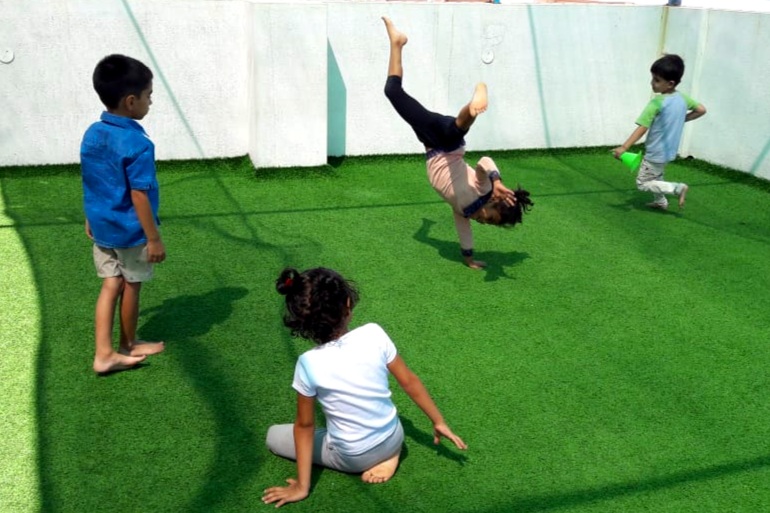Nearly a century ago, Maria Montessori pointed out that it was a grave error to think of purposeful movement as something different from the higher functions of the mind. Recent research now shows that movement and cognitive development are indeed closely related.
As Montessori educators, we recognise that children have an need to engage in movement. Purposeful movement is at the center of the Montessori approach to early childhood education, as it confers emotional, intellectual and physical benefits.
If you watch a Montessori environment closely, you will see coordinated movement is everywhere: be it carrying materials carefully, balancing on narrow beams, or carrying and moving chairs without any noise.
As children spend time in a Montessori school, they learn to coordinate their body and place it under the ready control of their mind.




